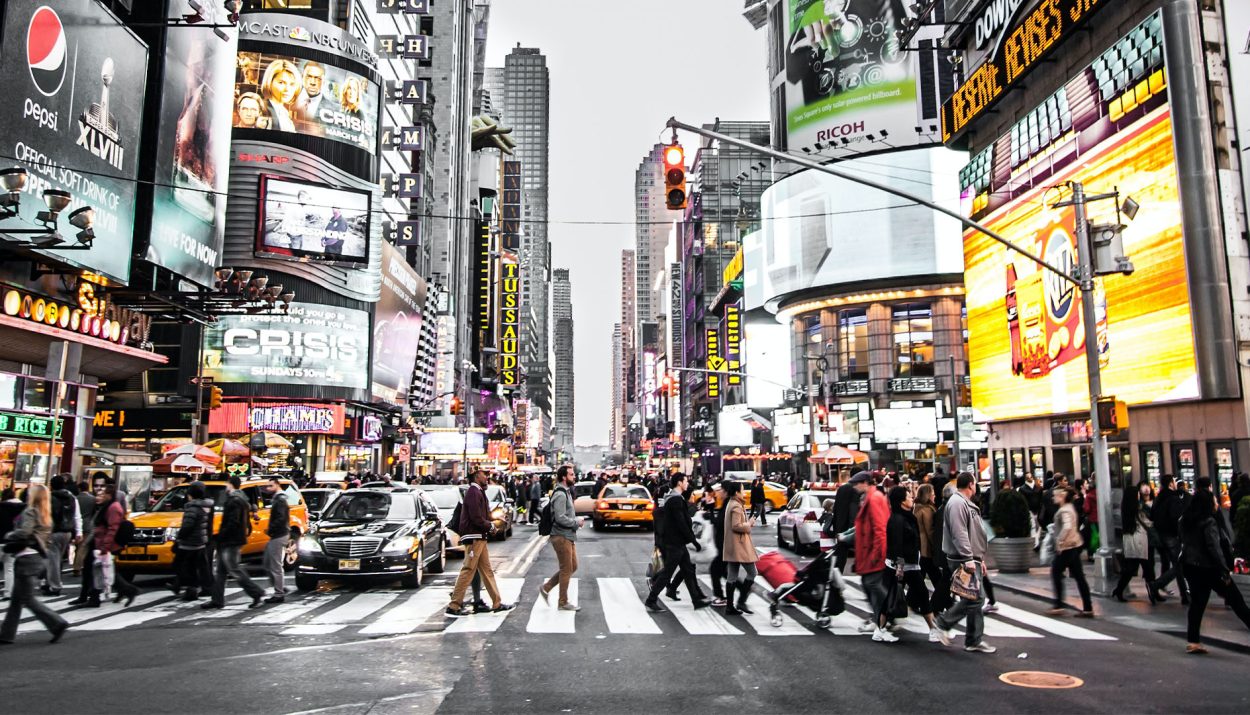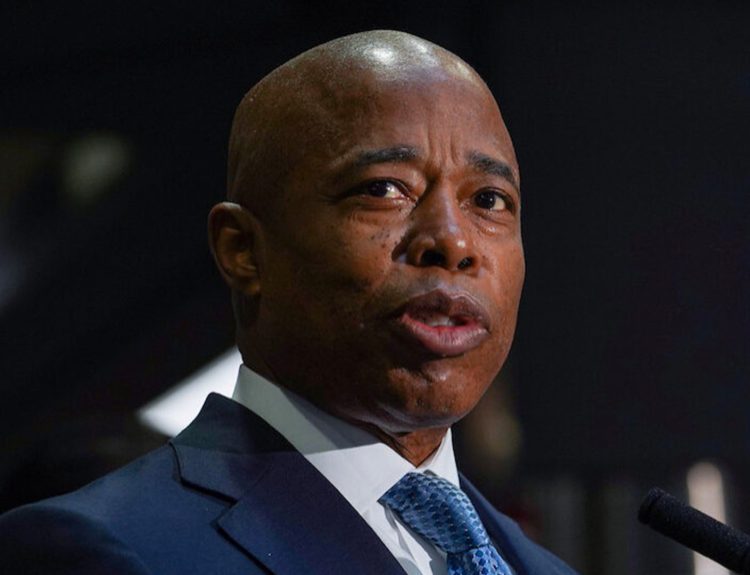Millennials are now setting their sights on what real estate experts dub ‘the most boring places in the world’. But why this sudden shift? Could it be the search for peace of mind, or perhaps hope for a simpler life away from the relentless urban hustle?
Whatever the reason, this move is redefining what ‘home’ means for an entire generation. How would you feel about such a change? Come with us as we shed more light on this topic.
Millennials Are Tired Of Highly Priced Small Apartments
Young people are getting tired of living in very small apartments and dealing with the constant crowdedness of subway travel. All across America, they’re moving to the suburbs in search of something new.
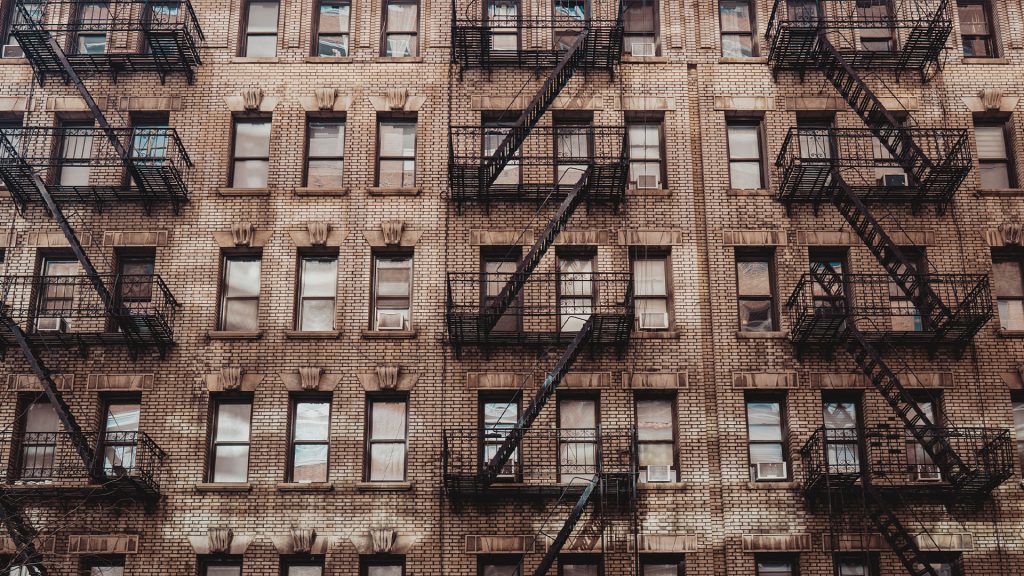
In 2022, adults between 20 and 29 years old mostly moved because of reasons related to where they live. Recent census data shows this trend. This change is different from the usual reasons like family or jobs. If anything, it shows that there’s a new focus on finding places to live that are more affordable.
They Can’t Afford To Live In Places They Like
Natale, a real-estate broker from Wall Township, New Jersey, has seen a big change in the housing market. He remembers a time when it was easy to find houses that his clients could afford in the areas they wanted. But now, things are very different, especially for his millennial clients.
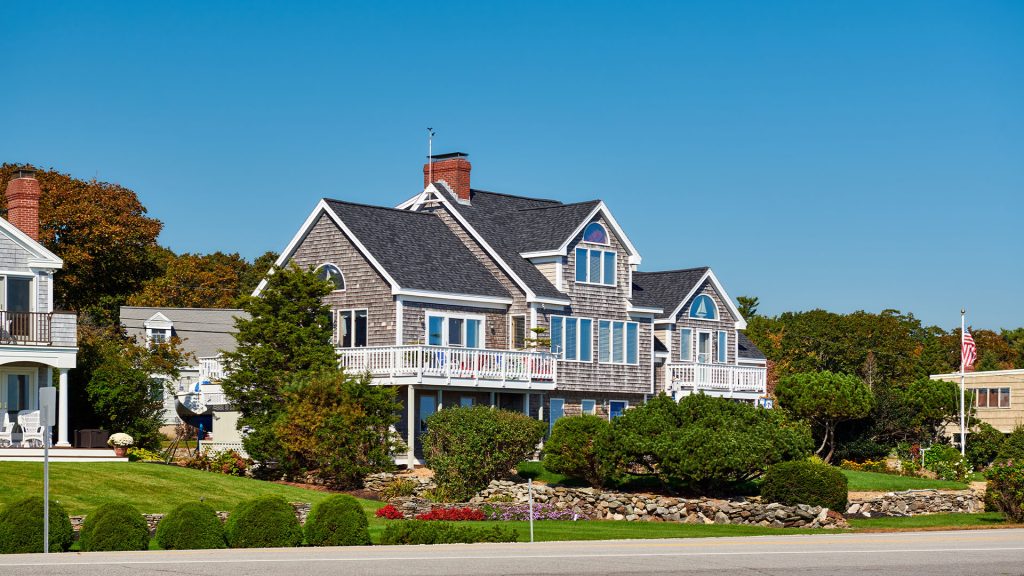
These young adults can’t afford homes close enough to commute to New York City, so they have to look farther away. Natale says, “People are moving one, two, or even three counties away just to afford a house.”
Cities With High Rents Are Losing Their Millennial Populations Fast
Hyojung Lee from Harvard’s Joint Center for Housing Studies surprised Americans when he gave his 2 cents on how Millennials are moving to what some might call ‘the most boring places in the world’.

In an interview with Business Insider, Lee said that he noticed that cities with very high rent and not many big apartments are losing their millennial people to the suburbs.
The New Reality Of ‘Drive Till You Qualify’
Interestingly, there’s already a new phrase for this new trend where millennials are moving to places where they can afford to live, no thanks to one real-estate broker John Natale.
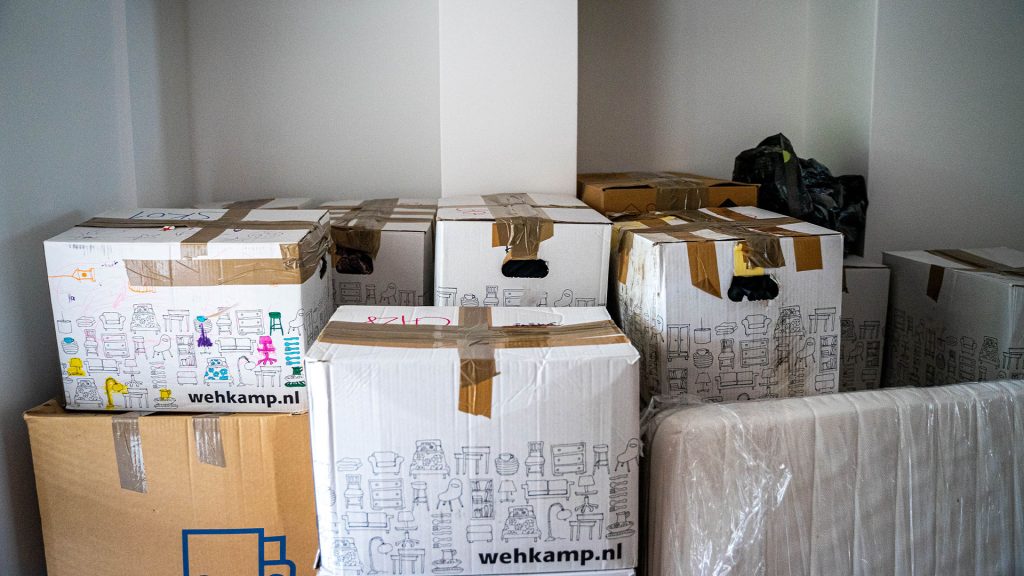
He named this trend ‘drive till you qualify’, a pretty clever description one might say. As it stands, this search for ‘financial qualification’ is becoming our new reality, single-handedly changing where a whole generation decides to live.
Staying Grounded In Reality
The Suburban Jungle Group, a real estate company that helps people in NYC move to the suburbs, is getting a lot more interest from millennials. Young men and women, who used to like the exciting city life, are now facing the hard truth that it’s too expensive to start a family in the city.
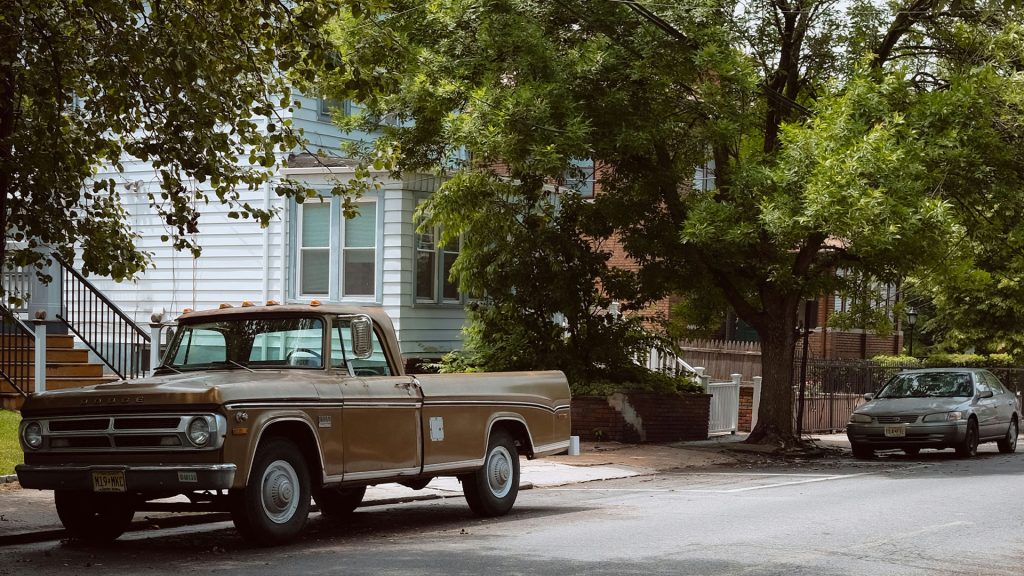
A young woman, Tiffany Stuart, said she moved to New Jersey from New York City in 2017 with her husband and did so because they needed a bigger, affordable place for their family.
It Takes Getting Used To
Tiffany and her husband now have to travel for an hour to and fro, several times a week. Even though commuting can be tough, Tiffany likes being closer to nature, which is very different from the city.

But, she misses some things about city life, especially the West Indian restaurants that were her core childhood memories.
Millennials Just Can’t Get Used To Life In The Suburbs
Stuart isn’t the only one who feels this way. Some millennials who moved to the suburbs find themselves missing the lively restaurants, local coffee shops, and bars from the city.

All things considered, it’s no surprise that boredom is making some millennials consider moving back to the cities they left to find a quieter life.
Early Movers Want Out
Rafy Qamar, a real estate agent in Chicago, talks about a trend he’s seen with millennials who quickly bought homes in the suburbs. He says, “A lot of these were quick choices because homes were being sold so fast. People didn’t get a chance to look around.”

About a year later, many of these young homeowners are realizing the consequences of their choices. Qamar often hears them say, “Work is starting again, and this commute is awful. We need to sell this place and move back to the city.”
Roadblocks In The Pursuit Of Better Living
Many of these suburban houses have lost value, which makes it even harder to pack up and move back to the city.

The housing market has changed a lot because of the big increase in mortgage rates. Rafy Qamar, says, “A lot of people are now underwater.” Suffice it to say that homeowners who bought their houses just before these economic changes are having a hard time.
The Suburban Shift Of Jandra Sutton
In 2019, Jandra Sutton, a 34-year-old writer and content creator, and her partner moved from Nashville to the suburbs, just before the pandemic caused home prices to skyrocket.
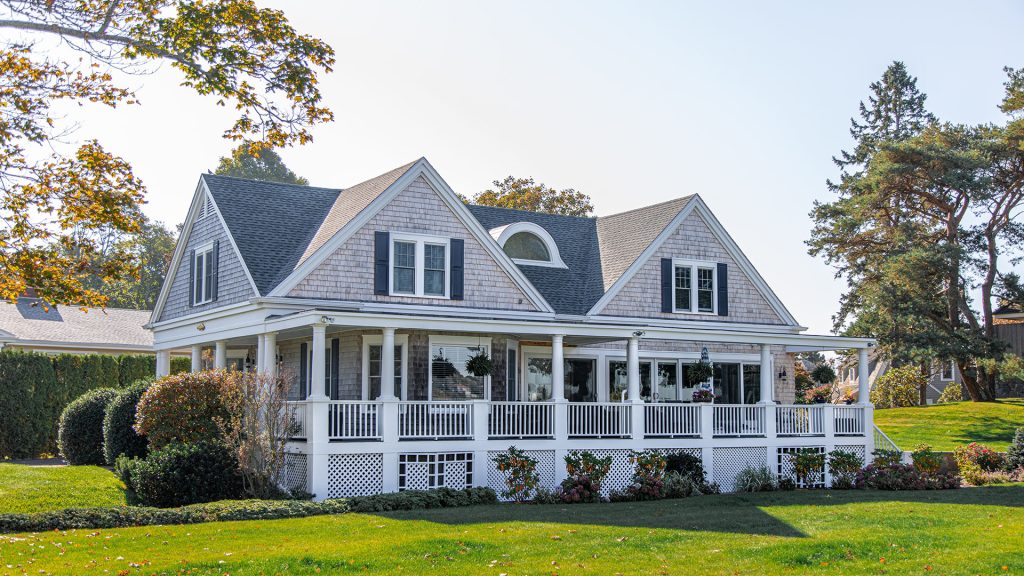
They sought a different lifestyle, hoping the suburbs would offer a peaceful environment compared to the city’s hustle and bustle.
The Suburban Reality Check
In no time, the suburb lost its charm to this young couple. Sutton found herself feeling ‘miserable’ in her new home. “The closest coffee shop was 15 to 20 minutes away, there wasn’t much to do, and our friends seldom visited,” she shared.
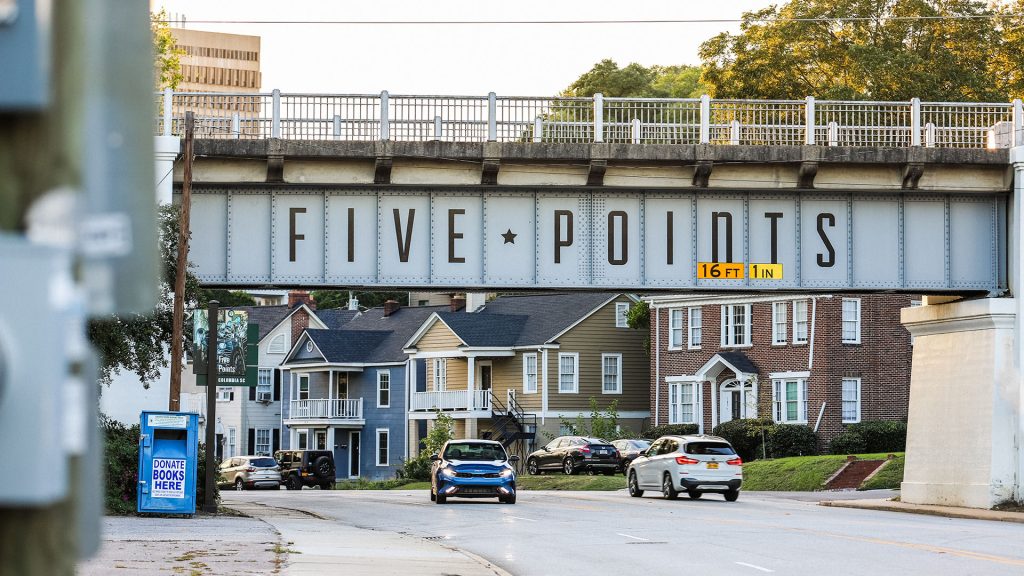
Unsurprisingly, she found the suburbs to be very isolating and without many things to do, which was very different from what she and her partner had expected
The End Justifies The Means
Eventually, Sutton and her partner decided to return to the city, trading their spacious suburban home for a smaller urban space. They now live with 1,500 fewer square feet, one less car, and no yard.

Despite these downsides, they’re happier, they get to go to their favorite neighborhood bar and bodega. “We know everyone by name and vice versa,” Sutton remarks, emphasizing their renewed sense of community and connection.

